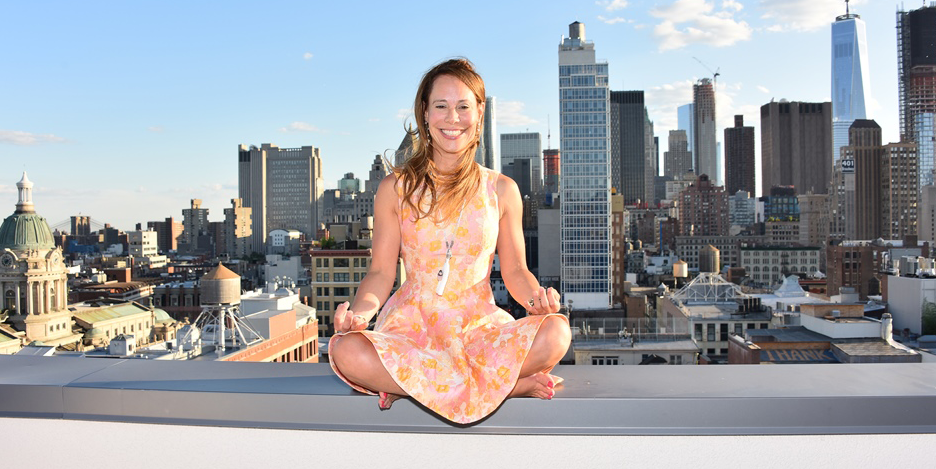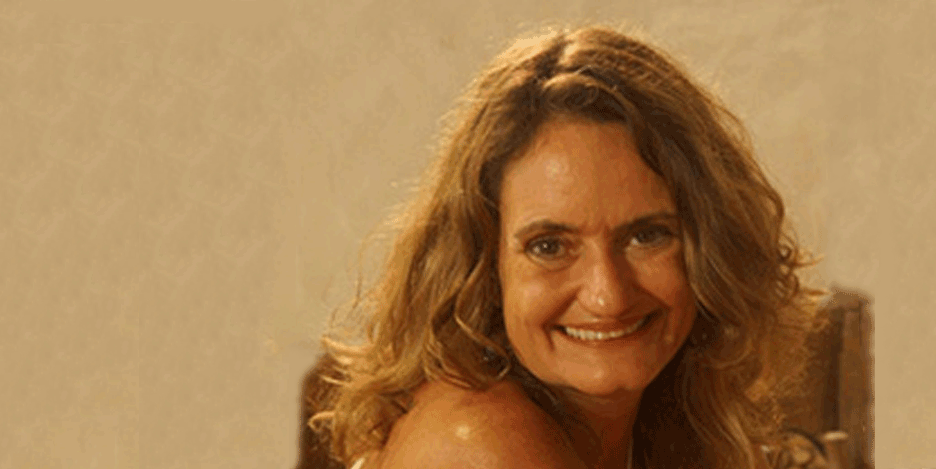Jeremy has taught commercial and corporate law at Mercer University Law School since 2012 and has been teaching economics in various locations since 2001. He has worked in 2 of 3 branches of the federal government and hopes never to finish the trifecta.
Twitter: @jeremylynnkidd
SSRN: https://papers.ssrn.com/sol3/cf_dev/AbsByAuth.cfm?per_id=516508
1. How did you discover your passion for law and what made you decide to teach?
Six months after graduating from Utah State University with a bachelor’s in political science and economics, I was working on an assembly line, making camp stoves. I got a call from the Chief of Staff of the late James Hansen, Congressman from Utah. I had interned in his office a couple years before, and his Chief of Staff, Nancee Blockinger, was offering me a job as one of his Legislative Assistants. I drove across the country for my new job the next week, with everything I owned stuffed into my 1992 Toyota Corolla. Working in that office, I realized three things: (1) politicians could be good people; (2) the process of lawmaking was far more complicated than I had learned from Schoolhouse Rock; and (3) I was ill-suited to politics. I decided that, for me, a more productive and healthy route to changing the world was to teach economic principles.
Off to grad school I went, learning far more about economics than I had as a lowly undergraduate. In the process, I lost my faith in macroeconomic aggregates and the ability of economists to predict the future. Oh, there are great insights to be had in economic reasoning, particularly in the simple but profound truths of Adam Smith and the organic, bottom-up models of Hayek, Mises, and others in the Austrian school. By emphasizing highly technical models, however, the economics profession lost touch with its ability to understand—and communicate with—real human beings. I realized I didn’t really feel comfortable in economic academia but discovered an affinity for economic principles as applied to legal problems.
George Mason Law School—now, the Antonin Scalia Law School—had a fellowship program for those with economics Ph.D.s or those who were a.b.d. (“all but dissertation”). It allowed me to attend law school without a mountain of debt, but also placed me in a disadvantaged situation—wanting to teach at a law school but having attended a non-elite law school, where almost all law professors are trained. Nevertheless, with the help of some great mentors, a lot of hard work and moving about the country, and a very understanding spouse, I get to have the best job in the world. I get to teach new, aspiring lawyers, about how their knowledge of the law can make the world so much better for so many people.
With language like that, you might imagine that I teach criminal or constitutional law, but I don’t. Those areas of law are important, but so are commercial and corporate law, the areas in which I teach. I teach the law that lets businesses operate efficiently, that lets them have confidence that their contracts will be enforced. The law I teach enables businesses to innovate and to structure themselves in whatever way they think will be most beneficial. When everything goes right, people have jobs and everyone has a better quality of life. When things go badly, the law can facilitate wrapping things up quickly so that everyone can move on to the next thing. That is just as important as—or possibly more important than—the areas of law that make for riveting television.
2. How does your work as a public choice scholar challenge the status quo?
Public Choice has been described as “politics without romance.” Our nation seems divided between those who believe that government is the source of all virtue and those who believe that government is the source of all evils. Neither of those is true, and public choice economics cuts through all the fantasy that surrounds government action and reveals how collective decisions—legislation, regulation, and so on—get made.
As an economics graduate student, I would tell the undergraduates I taught that politicians and government workers were not grown in vats under Washington, DC, but that they were just normal people with normal backgrounds and normal desires. In other words, they are just like everyone else. That sounds easy enough to accept, but most political solutions assume that all decisions will be made either by perfect angels or by perfect devils.
Adopting a public choice perspective allows me to explain to my students and those reading my research that even the best of intentions will often go horribly wrong (because the people making decisions are flawed) and that many policies that seem well-intentioned are motivated by ulterior motives. In my work, for example, I have pointed out that hedge fund regulations in the Dodd-Frank Act were an abject failure from the standpoint of the stated goals of the legislation but are very good at harming hedge funds and improving life for their competitors, large banks. In an upcoming paper, I argue that opposition to ride-sharing companies like Uber and Lyft is also likely financed by a subsector of the banking industry, those banks who lent money so that people could buy taxi medallions, and who will lose billions of dollars if consumers get their way and ride-sharing wins the day. There is nothing particularly evil about banks; they are just more successful at what most individuals and businesses would like to do—use the power of government to enrich themselves.
Scholars who are willing to engage with the public choice critique have to do more than just assume that government agents act altruistically and with perfect information, or that businesses just want government to leave them alone. Government agents are flawed and often pursue their own self-interest, just like the rest of us. Businesses often want anything other than free markets, because free markets require them to constantly compete for consumers’ business. Some academics will adopt one of those viewpoints, but very few are willing to accept both of them as true, and yet their work fails to reflect reality because of it.
3.What are some of your biggest challenges as a libertarian in academia?
Probably the biggest challenge to any libertarian is overcoming the strange assumption that we don’t care about people, rather than having a different view of what will make people better off. That obstacle bleeds over into academia, with many academics dismissing libertarian arguments because they incorrectly believe that those arguments are based on a premise that we shouldn’t care about how libertarian proposals affect the poor and disadvantaged. In some of my work, I argue that there are advantages to the possibility that innovation will soon outpace regulation, so that we wind up with a de-facto deregulated market. Many jump immediately to the conclusion that I’m okay with exploitation of consumers in that market, but I am always very clear that the reason I favor that market is because powerful business interests will be less able to exploit consumers.
Another challenge that I have is that academics, like the rest of society, often struggle with the notion that someone can agree with them on some things but not on others. Many academics are strong civil libertarians, meaning that I can quickly find common ground with them on the individual rights in a criminal context. Once we have moved beyond discussions of the War on Drugs or criminal defendants’ Fourth, Fifth, and Sixth Amendment rights, however, they are often confused how I can also believe that individuals should have stronger rights to their own property, or stronger rights against government intrusion into their economic lives. It can make for a very lonely existence, with colleagues who aren’t entirely sure how to react.
In some ways, though, that natural opposition and suspicion has some tremendous benefits. Every argument has to be that much better, because there isn’t a natural audience for it. Most interactions have to be approached with far more care, finding common ground early in order to set the stage for disagreements that come later. That process is exactly what most of our parents taught us at an early age, and it sometimes seems to be a lost art, but necessity may be keeping it alive.



